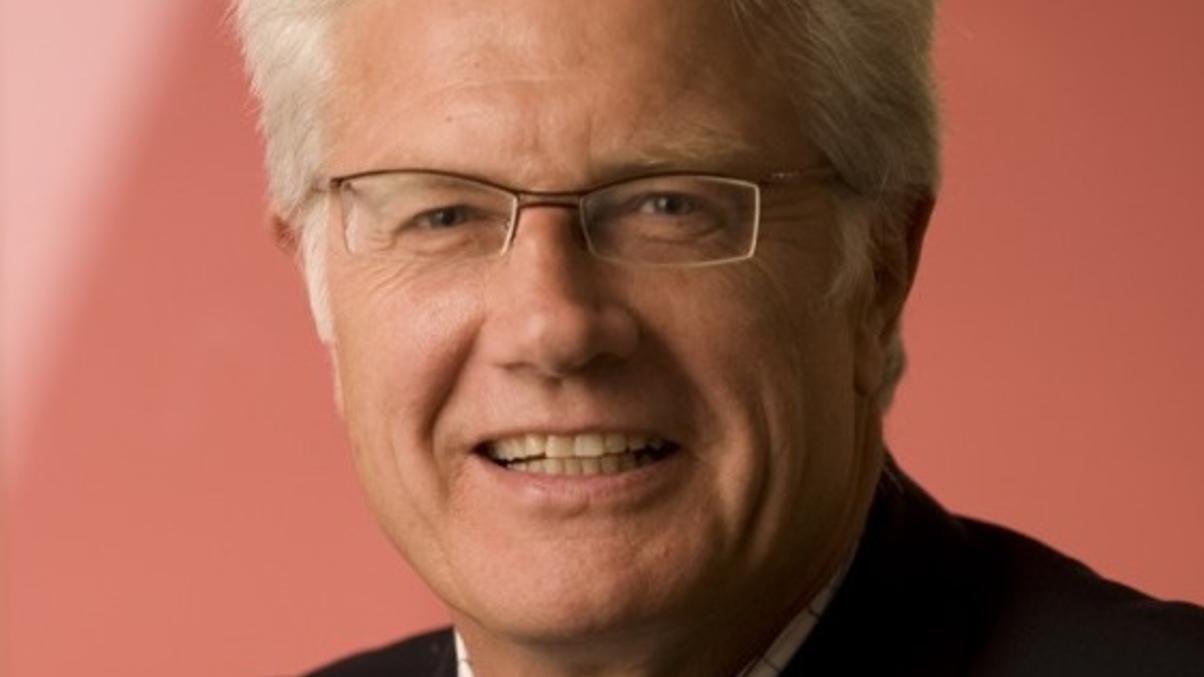Mercer builds out investment management across Asia
The firm is placing country heads in Korea, Hong Kong, Tokyo and Singapore as it strives to expand its multi-manager offering to large institutional clients across the region.

Mercer is moving to expand its investment management business into Asia by establishing sales and client service beachheads in South Korea, Hong Kong, Japan and Singapore this year.
Sign in to read on!
Registered users get 2 free articles in 30 days.
Subscribers have full unlimited access to AsianInvestor
Not signed up? New users get 2 free articles per month, plus a 7-day unlimited free trial.
¬ Haymarket Media Limited. All rights reserved.


